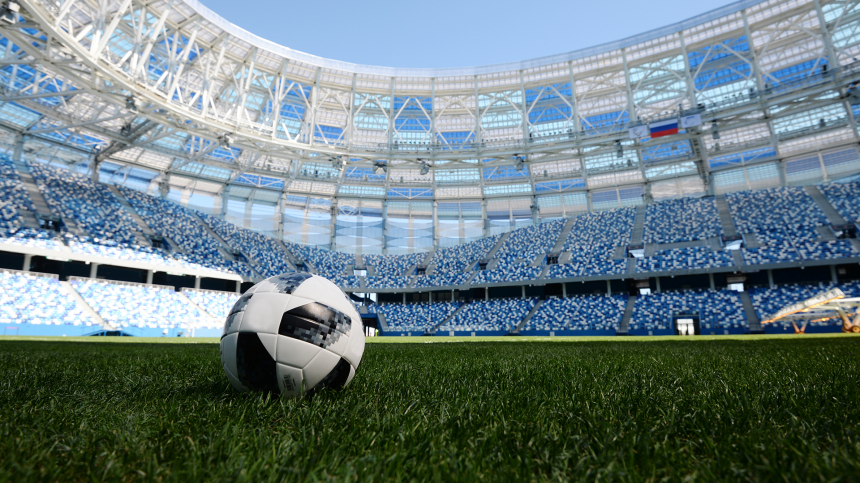Challenges Facing the EU Commission Formation
With the new term approaching, Ursula von der Leyen's efforts to balance gender equality in the European Commission are met with varied nominations by member states.
Published August 31, 2024 - 00:08am

Image recovered from rtl.de
The European Commission is facing significant challenges in its formation as it prepares to take on new responsibilities under the leadership of Ursula von der Leyen. The President of the European Commission, who recently secured a second term, has emphasized the need for gender balance among the nominees for the new executive team. However, several member states have not complied with her request to put forward both male and female candidates, leading to a potential gender disparity.
Member states had until the end of August to submit their nominees. Despite von der Leyen's request for gender balance, many countries have only proposed male candidates. As of now, only a few states, including Bulgaria, have adhered to the suggestion by nominating both a man and a woman for potential positions in the Commission.
The issue of gender equality is not the only challenge von der Leyen is grappling with. The backdrop of the ongoing war in Ukraine and Europe's defense and security landscape has shifted dramatically. In a recent security conference in Prague, von der Leyen highlighted the need for a systemic overhaul of Europe's defense policies and criticized politicians within the EU who have been hesitant to support Ukraine against Russian aggression. She underscored the importance of listening to warnings from Eastern European allies about Russian President Vladimir Putin's ambitions.
Spain has officially backed Teresa Ribera, the current vice-president for the ecological transition, as its candidate for the new European Commission. This adds to the growing list of nominees, although the overall picture remains skewed towards male candidates. Italy has presented Raffaele Fitto, the Minister for European Affairs, as its nominee, further illustrating the challenge von der Leyen faces in achieving gender parity.
Persistent gender disparities among the nominees have cast a shadow over von der Leyen's efforts to promote equal representation. The potential Commission composition may include only eight women, including von der Leyen herself and Estonia's Kaja Kallas, who is set to become the next EU High Representative for Foreign Affairs and Security Policy.
Adding to the complexity is the situation in Belgium, which has not yet finalized its candidate due to ongoing political negotiations. The lack of a federal government since the legislative elections has delayed the nomination process, leaving the decision in the hands of party leaders who are currently negotiating a coalition agreement. This delay highlights the broader challenges of political coordination within the EU.
The newly appointed commissioners will need to undergo a written and oral examination by the European Parliament, which will assess their suitability for the roles. This process is expected to culminate in a vote of confidence from the European Parliament later in the year.
Moreover, the geopolitical tensions resulting from Russia's invasion of Ukraine have further complicated the strategic priorities for the EU. The conversation in Brussels among defense ministers has extended to discussions on providing Ukraine with the capability to strike military targets within Russia using Western-supplied missiles. Josep Borrell, the EU's foreign affairs chief, previously expressed his support in allowing Ukraine this capability, deeming any suggestions that this would escalate into a full-blown EU-Russia conflict as exaggeration.
The forthcoming European Commission is set to confront multiple intertwined challenges—striving for gender parity, addressing the security and defense restructuring in response to Russian aggression, and navigating the complex political landscape among member states. How von der Leyen manages these issues will significantly shape the EU's political and security dynamics in the years to come.







